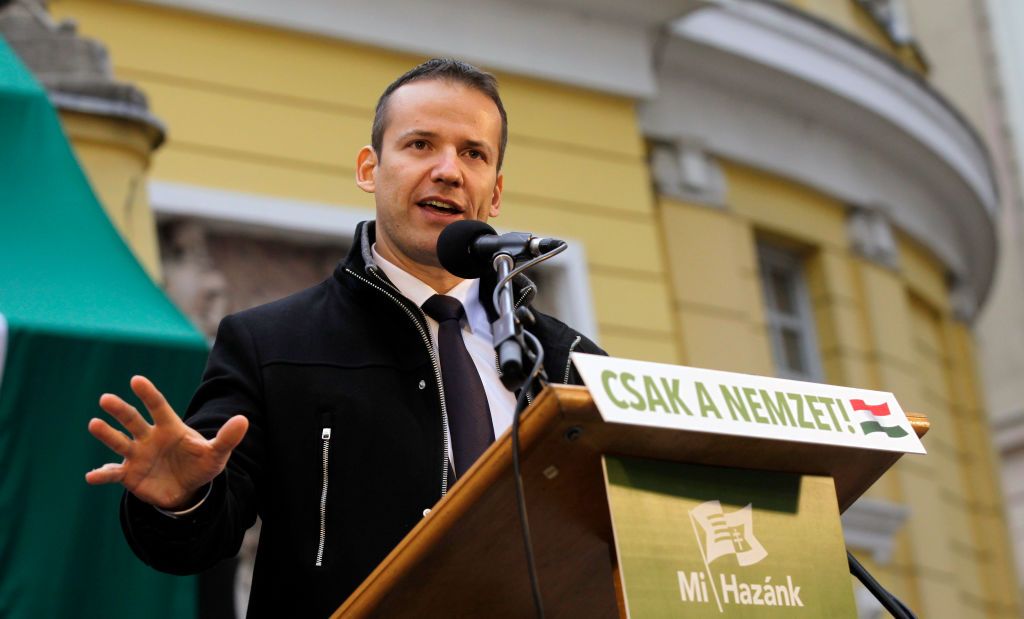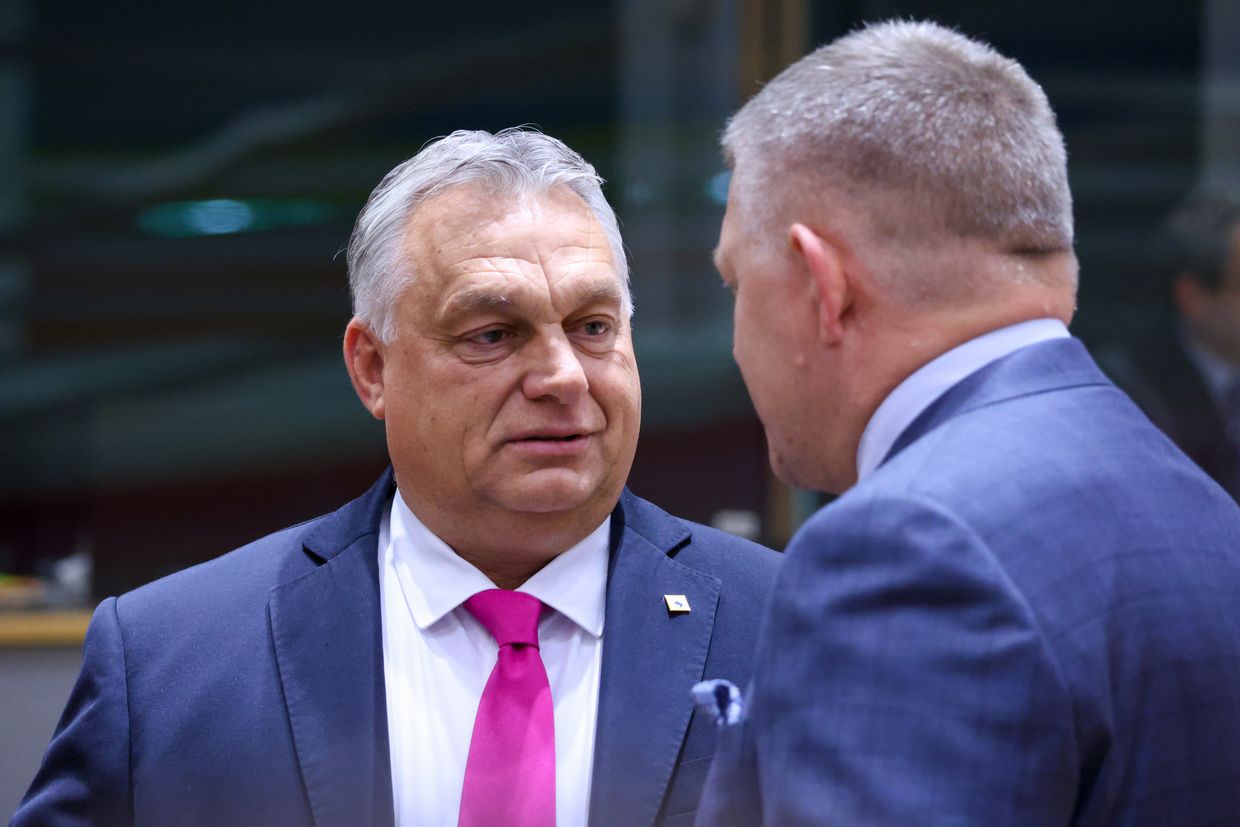Romanian far-right leader lays claim on Ukrainian regions, Moldova.
Claudiu Tarziu, one of the leaders of Romania's far-right Alliance for the Union of Romanians (AUR) party, said his country should "reunite" with Moldova and the Ukrainian border regions of Bessarabia, Northern Bukovina, and Zakarpattia, the G4Media online outlet reported on Jan.
27. Similar comments were recently made by Hungarian far-right leader Laszlo Toroczkai, who said Hungary should claim Zakarpattia Oblast if Ukraine loses the war with Russia. "We will not be truly sovereign until after we restore the Romanian state within its natural borders," Tarziu said during a speech in Iasi last week.
"Bessarabia must come home. Northern Bukovina cannot be forgotten, southern Bessarabia... Transcarpathia (Zakarpattia), everything that was and is part of the Romanian nation must return to its state borders."
Zakarpattia Oblast is Ukraine's most southwestern region with significant Hungarian and Romanian ethnic minorities. The historical region of Northern Bukovina is a part of today's Ukrainian Chernivtsi Oblast, while Bessarabia covers Moldova and parts of Chernivtsi and Odesa oblasts. Ukraine is home to roughly 150,000 ethnic Romanians.
"Our goal is for Romania to be one of the leading countries in the world," Tarziu said.
Hungarian far-right leader calls for seizure of Ukraine's Zakarpattia Oblast if Russia wins war The Our Homeland party, which currently holds six seats out of a total of 199 in Hungary's parliament, has been criticized for its nativist views and rhetoric. Party leader Laszlo Toroczkai has made a number of controversial statements, including some deemed to be antisemitic, anti-Roma, and anti-im...

The opposition AUR party runs on a far-right, populist platform, with nationalism and Romanian irredentism being common components of its rhetoric.
Although polls for the 2024 Romanian parliamentary elections show the AUR competing for second place with the ruling liberal PNL party, experts estimate that the far-right radicals have only limited chances of finding a coalition partner to form a government. Calls for annexing parts of Ukraine's territory were also previously made by Diana Sosoaca, the leader of the fringe pro-Russian party SOS Romania. Unlike Romania's far-right leaders, the current Romanian government has been a close ally to Ukraine, providing political, economic, and military aid, hosting an F-16 training center for Ukrainian pilots, and transiting around 60% of Ukrainian grain amid Russian threats to Ukraine's shipping.
In his speech, Tarziu also called for the "return" of Moldova, a country with a partially shared history and with Romanian as the official state language. Moldova was a part of the Romanian state in the interwar period until it was annexed by the Soviet Union in 1940. Calls for the reunification of Moldova and Romania have appeared in the public space, but no concrete plans are being put forward by either government, save for Moldova's effort to join the EU.
Irredentist ideals promoted by Romanian far-right leaders echo those used by the Kremlin and the Hungarian government under Viktor Orban. Russia used old imperialist claims to justify its aggression against Ukraine, while Budapest often employs historical revisionism in its political rhetoric. Notably, Hungarian and Romanian revisionist claims sometimes clash, as is the case with Zakarpattia or Transylvania, a large region that has been part of the Romanian state since World War I but is a historical component of the Hungarian kingdom.
Rise of populism in Ukraine's neighborhood: Not as gloomy as you think
Slovakia's new Prime Minister, Robert Fico, is consistent in his comments that his country will stop providing aid to Ukraine.
He also regularly parrots Russian propaganda, blaming Kyiv for Russia's invasion.
This makes two of them, with Hungary's Prime Minister Viktor Orban long being accused of b...
